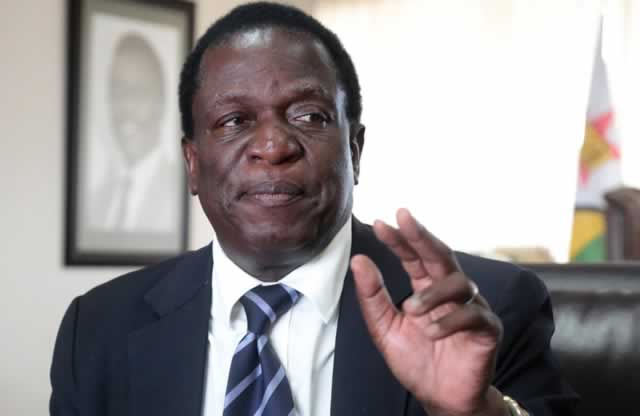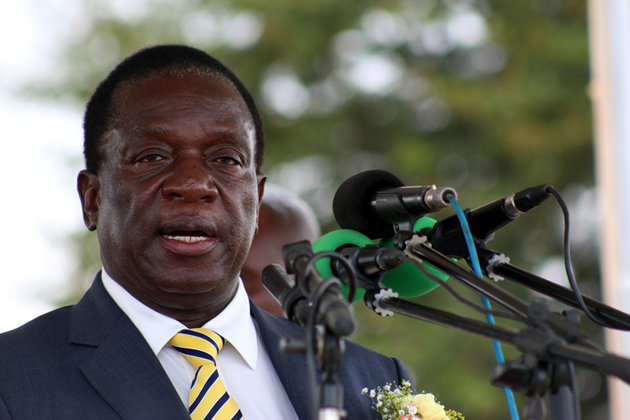Trade marks protocol ratified

Prosper Ndlovu, Business Editor
The Government has set in motion the process of ratification of the Madrid Trade Marks Protocol paving way for the domestic implementation of its regulations.
The protocol aims to provide a simplified and inexpensive procedure for the registration of trade marks in countries which are party to the protocol.
A trade mark generally refers to a symbol, word, or words legally registered or established by use as representing a company or product.
Parliament has already approved the amendments to the Trade Marks Act (Chapter 26:04) to incorporate the provisions of the Madrid Protocol into domestic legislation as contained in the General Laws Amendment Act, 2016, Vice President Emmerson Mnangagwa, who is also the Minister of Justice, Legal and Parliamentary Affairs, said.
The VP moved the motion to approve the gazetting of the new regulations in the August House on Thursday where he noted that the full operationalisation of the Madrid Protocol has been hampered by the absence of implementing regulations.
“The Government of Zimbabwe has acceded to the World Intellectual Property Organisation’s Protocol relating to the Madrid Agreement concerning the International Registration of Marks of 1989 (the Madrid Protocol) and accepted the obligations that follow there from,” said the VP.
“Whereas subsection 7 of section 97B of the Trade Marks Act (Chapter 26:04) requires that any regulations for the operationalisation of the Madrid Protocol are to be tabled before Parliament for approval; and whereas, the Ministry of Justice, Legal and Parliamentary Affairs has developed the Trade Marks (Madrid Protocol) draft regulations for the operationalisation of the Madrid Protocol, which have been placed before Parliament for consideration and approval; now therefore, calls upon this House to approve the Trade Marks (Madrid Protocol) Regulations as contained in the said draft Statutory Instrument and have them gazetted for effective operationalisation of the Madrid Protocol.”
Zimbabwe joined the World Intellectual Property Organisation (WIPO)’s Protocol relating to the Madrid Agreement on 11 December 2014. By joining the Madrid Protocol, Zimbabwe has accepted the obligations arising there from, said VP Mnangagwa.
He said the proposed regulations will assist the Department of Deeds, Companies and Intellectual Property within the Ministry of Justice to process the trade mark applications that are filed through the Madrid system.
“As it stands, all the trademarks that have so far been filed through the system are yet to be processed because of the absence of the implementing regulations to guide the department on what needs to be done,” said VP Mnangagwa.
“The regulations provide for the functions and procedures that are to be followed by the Department of Deeds, Companies and Intellectual Property, both as an office of origin and also as a receiving office when handling trademarks applications.
The VP said the Department of Deeds, Companies and Intellectual Property would act as both an office of origin and receiving tasked with examining trademark applications originating from Zimbabwe before transmitting them to the International Bureau at WIPO as well as examining trademark applications designating Zimbabwe, which come through the WIPO International Bureau and making decisions to register or reject such applications.
“The promulgation of these regulations is, therefore, an issue that needs to be addressed as a matter of urgency to give the Department the relevant powers and directions on how to handle the trademarks applications coming through the Madrid system.
“From a business point of view, the African countries that are part of the Protocol have performed very well in ranking by the World Bank in terms of the ease of doing business index,” said VP Mnangagwa.
The legislators applauded the move and called for a speedy ratification process saying this would assist the efforts to turn around the country’s economy.












Comments